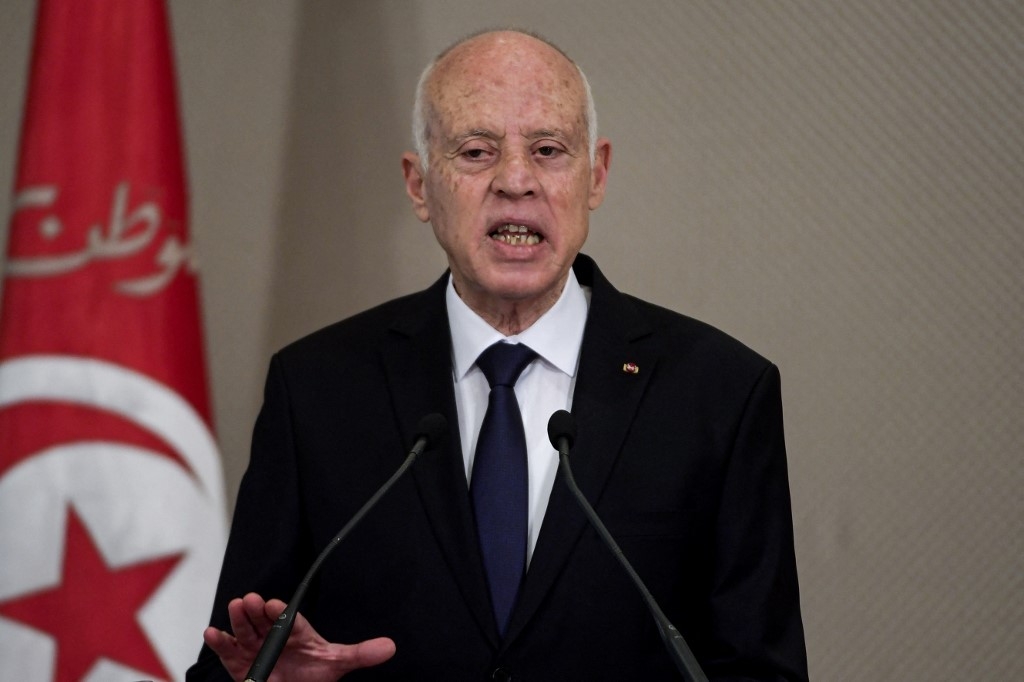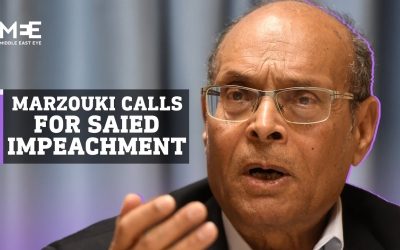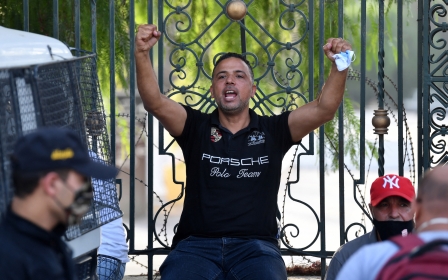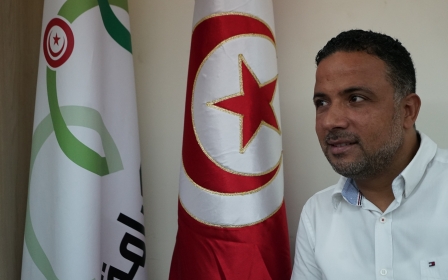Tunisia's President Kais Saied issues decree strengthening one-man rule

Tunisian President Kais Saied took exceptional measures on Wednesday that strengthen the powers of his office at the expense of the government and parliament, declaring that he can rule by decree and ignore parts of the constitution.
The provisions were laid out in a series of decrees published in the official gazette and come almost two months after his move to suspend parliament.
"Legislative texts will be promulgated in the form of decrees signed by the President of the Republic," one of the articles stipulated.

A second article said that "the President shall exercise executive power with the help of a Council of Ministers chaired by a Head of Government."
The gazette entry also said that the government, previously under a prime minister who answered to parliament, would report to the president, who would appoint cabinet members and set its policy direction and basic decisions.
The presidency also said parliament's activities would remain frozen with members still stripped of their immunity from prosecution.
The announcement comes days after hundreds of people took to the streets of central Tunis in opposition to Saied's power grab, which they accused of being unconstitutional.
Last week, the Tunisian leader said he would not do deals with those he described to be "traitors", in an apparent reference to the moderate Islamist Ennahda party, the biggest in the suspended parliament.
Tunisia has been governed by successive technocratic governments since early 2020, while Ennahda has held the majority of seats in parliament since the 2019 elections. The last time Ennahda led the government was in 2013.
Opposition from parliament
Anxiety about the direction of events in Tunisia has been on the rise both internally and among western democracies since Saied's 25 July announcement that he was sacking the prime minister and suspending parliament.
In May, Middle East Eye revealed a secret document was being circulated recommending Saied invoke Article 80 of the constitution and seize control of the country, citing emergency powers.
In late July, he did exactly that, saying the coronavirus pandemic and the economic situation had become so dire that he needed to freeze parliament and dismiss the government, as well as launch an anti-corruption drive.
Hichem Mechichi, his dismissed prime minister, was detained and beaten by security forces after being told that he would be replaced, sources told MEE, and he made no public appearance for 10 days after Saied's announcement.
Rached Ghannouchi, leader of the Ennahda party, immediately rejected Saied's announcements on Wednesday, telling Reuters it meant cancelling the constitution and that his party would not accept that.
Osama al-Khelaifi, a senior official in Heart of Tunisia, the second-largest party in parliament, accused Saied in a tweet of conducting a "premeditated coup".
"We call for a national alignment against the coup," he said, as reported by Reuters.
Middle East Eye delivers independent and unrivalled coverage and analysis of the Middle East, North Africa and beyond. To learn more about republishing this content and the associated fees, please fill out this form. More about MEE can be found here.




